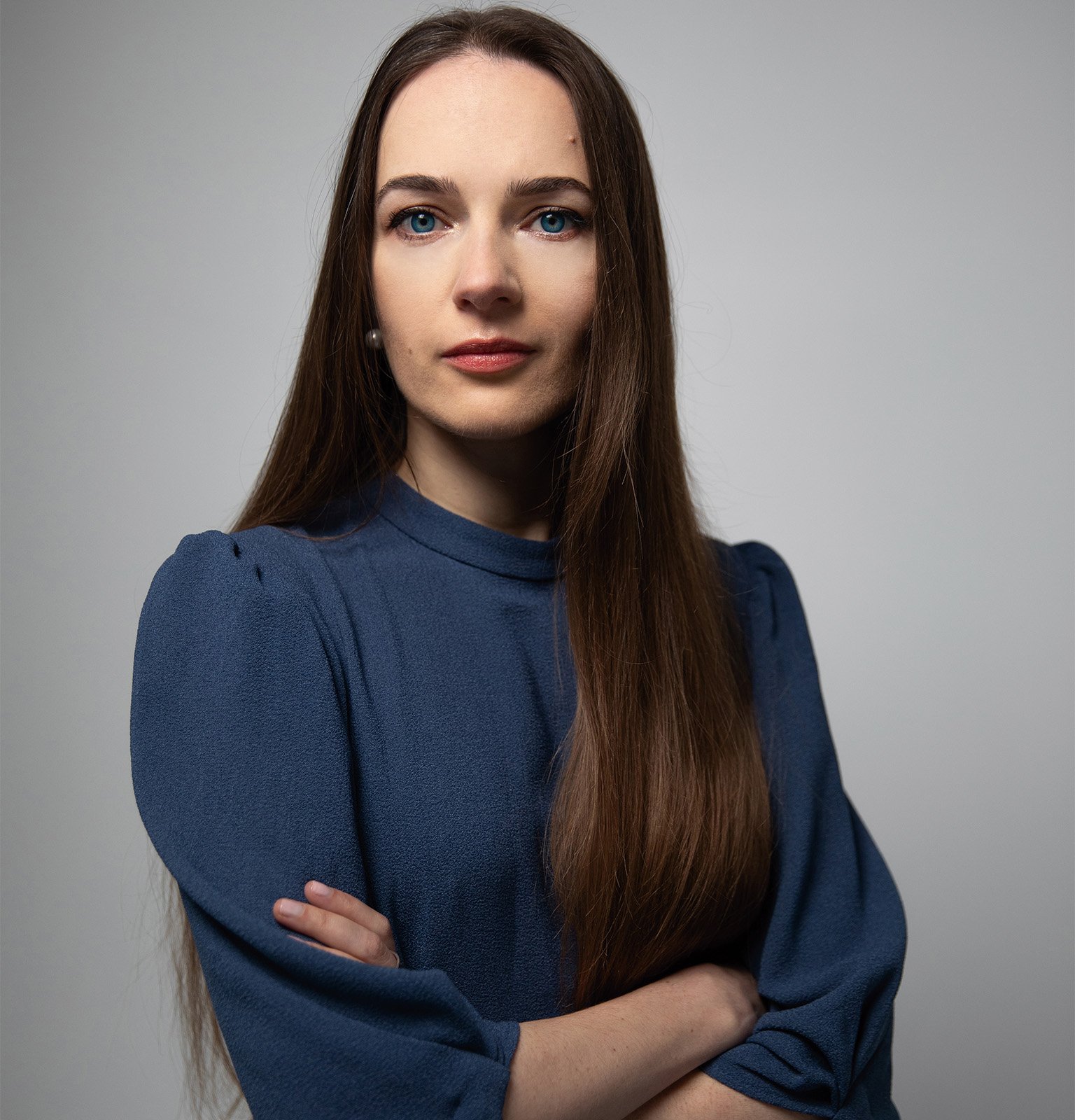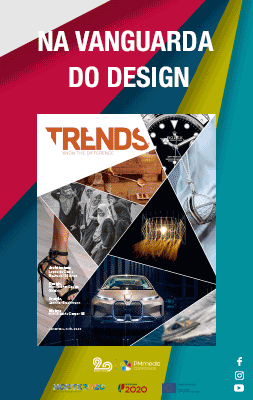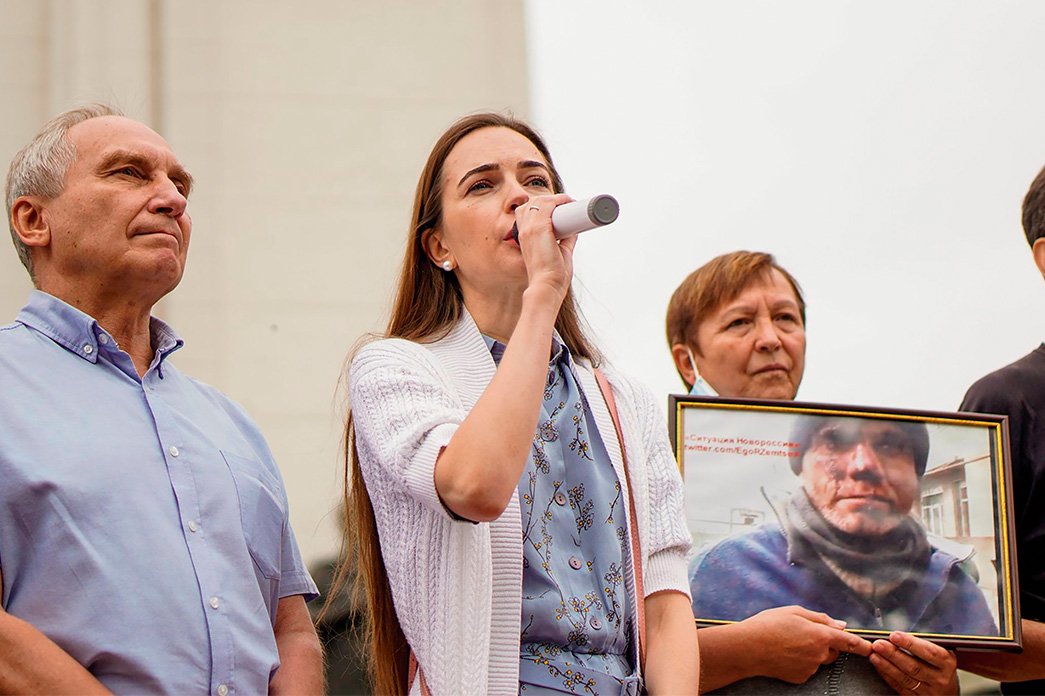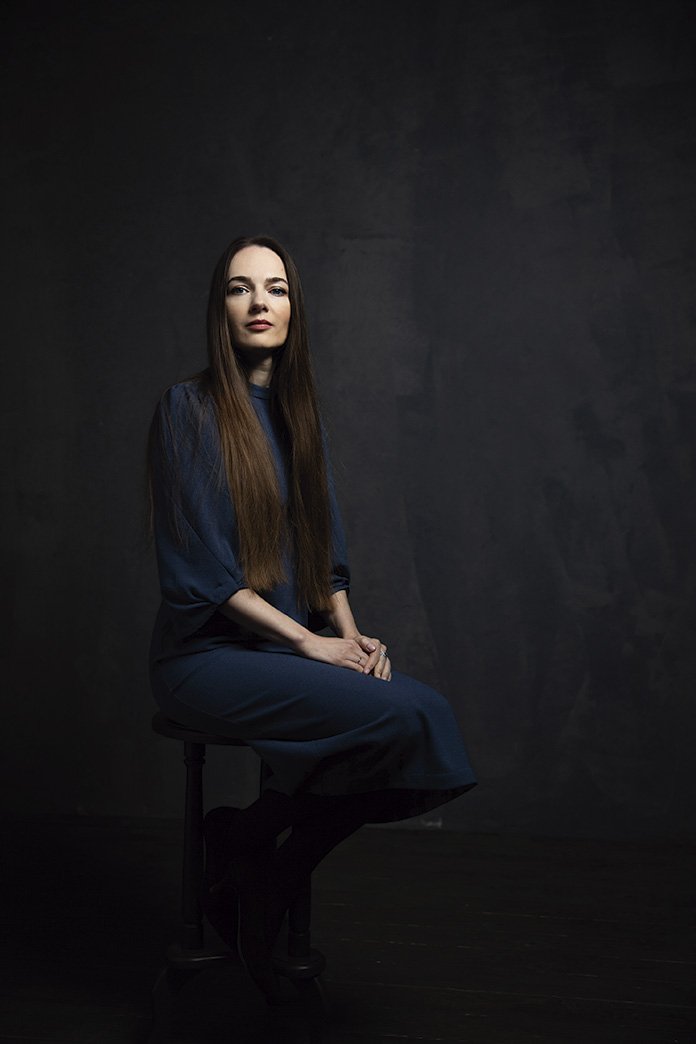Has being a Nobel Peace Prize recipient brought you a new level of responsibility?
For decades, the voice of human rights defenders of our region was not heard. We might have been heard at the UN Human Rights Committee, but definitely not in the halls of political decisions. The civilised world was turning a blind eye to the situation, while Russia was killing journalists, arresting activists, and dispersing peaceful demonstrations in its own country. The civilised world continued to shake Putin’s hand, conduct business as usual, and build gas pipelines. Eventually, Russians believed that they could do whatever they wanted. The Nobel Peace Prize makes the voice of human rights defenders noticeable. Human rights and peace are inextricably linked. A state, which systematically violates human rights, poses a threat not only to its own citizens, but also to the entire world.
António Guterres, secretary-general of the United Nations, has said that the war shows no signs of ending. Do you share this opinion?
Putin will only stop when someone stops him. This is the authoritarian leaders’ logic of actions. They attack when they can sense weakness. Back in 2007 Putin officially announced his plans to force the restoration of the Russian Empire. Russia has been preparing for this all these years. Putin misjudged when he thought that he could seize Ukraine in three days. He did not expect that people fighting for their freedom could prove to be stronger than "the second army in the world”. However, Russia still has many resources to continue this war. That is why Ukraine is seeking military aid from various countries in order to receive modern weaponry.
Has there been enough international support given to Ukraine?
Let us also pose the following question: enough or not enough for what?
For Ukraine to be able to defend itself from Russian aggression, it needs to have resources commensurate with those that Russia spends to destroy us. According to the World Bank, in 2021 the Russian GDP amounted to almost $1.8 trillion, meanwhile, the Ukrainian GDP amounted to $0.2 trillion. This is the 11th economy in the world. In 2022, as a result of Russian aggression, Ukraine lost approximately 40-45% of its GDP. At the same time, the Russian GDP loss officially amounted to 4%, while western estimates show an 8% loss. Russia has already adopted the three-year war budget for 2023-2025, and it has raised taxes. Russia expects to receive an additional $44 billion merely from the oil and gas sector. No doubt, these extra finances will be invested exclusively in the war.
Has the world truly witnessed the unvarnished reality of Ukraine or just seen the tip of the iceberg?
It is difficult to believe in what is happening right now. Russian troops are deliberately destroying residential buildings, churches, schools, and hospitals. They are attacking evacuation corridors, coordinating a filtration camps system, organising forcible deportations. They are abducting, raping, torturing and they are murdering people in the occupied territories. This policy is conscious. Russia uses war crimes as a method of warfare. Russia is attempting to break people’s resistance and occupy the country by means of inflicting immense pain on civilians. We are documenting this pain.
More than 300 days have passed since the Russia-Ukraine conflict began. Has the hope of the Ukrainian people waned?
People in Ukraine desire peace more than anyone else in this world. Yet, peace does not come when the attacked country lays down its arms. In that case, it is not peace but occupation. In this war, we are fighting for freedom in all of its senses. This war is of a genocidal nature. Putin openly states that the Ukrainian people do not exist. The moment we stop fighting, we will stop existing.
In this scenario of destruction, how do you explain war to Children? And how can you try and provide an even remotely normal life in the chaotic context they live in?
I do not have a simple answer to this question, but an incident recently experienced by my friend may be illustrative. She came out of a shop and saw a little girl, who was standing at the entrance door. At that moment, the air raid siren started wailing, and the girl began crying. Her mother immediately ran out of the shop and asked the girl why she was crying, as her mother left her for only a couple of minutes, simply to buy her some sweets. The girl answered that when the air raid siren had started wailing, she had got scared of dying without her mother being nearby her.
«War imposes its own measurement of time, space, and human pain»







